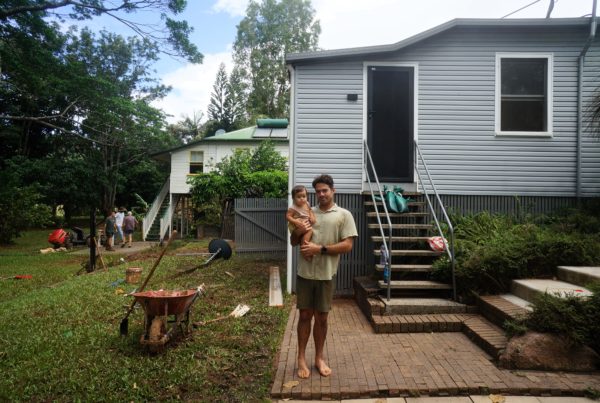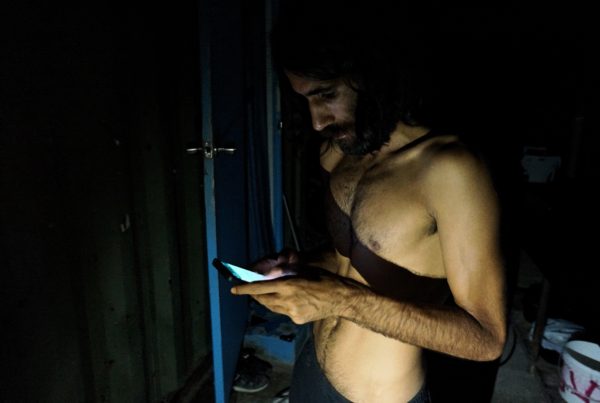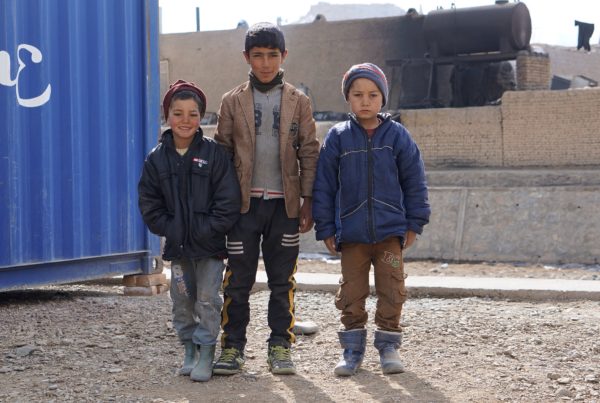Mavdasht is not a common destination for tourists in Iran. Most tourists will day trip to Persepolis from Shiraz, passing through Mavdasht without really noticing the place. There isn’t any reason for me to go there except that my new travel partner, Linda, has arranged a night’s accommodation in town with a local guy named Reza through a couch-surfing website. I decide to join her and see what Mavdasht will bring.
Reza is a young man in his early-thirties. He is well-dressed and speaks good English. He is studying a PhD in engineering in Amsterdam.
“Educating my way out of this undesirable situation,” he says.
His house has two levels. We catch a glimpse of his parents who live on the first level, before we are taken to the second level where Reza welcomes us with tea and biscuits. Our beds, which are mats on the floor in the traditional Iranian style, are already prepared. And then Reza invites us to a wedding. We, of course, accept his offer. Linda and I dress in our finest travellers’ attire, Reza dresses in suit and bow-tie.
“I’m going to contact my dealer,” Reza says. “Do you want anything?”
Linda and I are unsure of what we are being offered until Reza clarifies he is getting alcohol. We cruise the streets trying to arrange a pick-up of the Arak from his man.
“Everyone drinks at weddings,” Reza says. “At least they do on the men’s side.”
That is when we learn that men and women are segregated at Iranian weddings. When we arrive at the venue, Linda disappears with the women and I don’t see her again until the end of the night.
Reza and I join close to 500 men in a characterless hall, which is probably the largest males only party I’ve ever been to. There are men in t-shirts and I feel comforted knowing I’m not the worst dressed at the party. From the other side of the hall we can hear women shouting and screaming and dancing.
“Weddings are for women to enjoy and for men to be bored,” Reza says.
Reza introduces me to his friends and they kiss me gently on each cheek. The men are nervous to meet me. Most of them don’t speak English well. One genial-looking man called Ali speaks to me in a quiet voice. He is interested in Australia and asks about our treatment of Iranian people. He, like many Iranians, is an engineer who believes education will give him the best possible way out of Iran to work abroad.
When the groom arrives he shakes hands with every man in the room. We are served apples, bananas and cake. Then the music starts and the men begin to dance. They link arms and slowly move around the hall in a constantly growing circle. This goes on for some time. The free dance begins andmen rush into the circle twisting hands upwards into the air above their heads and gyrating hips. Some are quite effeminate in their movements, others overly masculine. One man drags me around the dance floor trying to force me to dance with him. When I do dance individually with a man he stares into my face smiling with encouragement, which makes me feel uncomfortable.
Some men have been sneaking Arak into the wedding in plastic water bottles and are quite drunk. Reza tells me it is the groom and his groomsmen who are expected to provide the Arak. We sneak off to his car at one point and take shots of the potent liquid. The men I’m with become very happy very quickly and are much more open with talking to me – Farzad in particular.
“You and your girlfriend, what type of relationship do you have?” Farzad asks. “A man and wife can…?”
I gather he wants to know if my girlfriend and I have sex. Farzad asks what would happen if my girlfriend got pregnant. He also asks what I think of homosexuality. To all my answers he opens his eyes widely and looks at the other men.
“I heard that in Australia a man was pregnant. Is this true?” he asks.
Reza explains that coming into contact with new cultures is rare for Iranians.
“We would like to travel but we can’t,” Reza says. “We can’t get visas anywhere.”
I later find out the Iranian passport is ranked second from bottom in the Henley index of travel freedom. The men are also curious as to what I think of Iran. They are happy when I tell them I think Iran is beautiful but concerned when I tell them that many Australians think Iran is dangerous.
“But you can see that it is not. We are good people. We are friendly people,” Ali tells me and touches my leg. “You tell them this. You write and say Iran is safe.”
They believe the media depiction of Iran is negative. I agree but I also believe Australians are concerned by what they think of as fundamental Islam.
“But we are not ISIS,” Ali says. “They are not real Muslims.”
The men get hot and heavy on the dance floor; a circle opens up and some of the men breakdance; the strobe lights come on and the groom is lifted into the air on our shoulders; and then the party is over before midnight.
I join a wide-eyed Linda afterwards and she tells me on the women’s side, the fashion was unexpectedly outrageous: ’80s dresses, sequins, low cleavage, short skirts, boofed up hair, lots of make up, and lots of gold. Children touched her hair and women made her dance, although there was no alcohol involved as far as she knew.
Linda says: “The women kept asking me: ‘Why aren’t you wearing make-up?’ But I am wearing make-up. They also wanted to know where my gold was. It was too difficult to explain I don’t wear gold.”
Although, Linda found the experience overwhelming at times, she feels like she was treated as an honoured guest.
This article was first published in Roads and Kingdoms.


